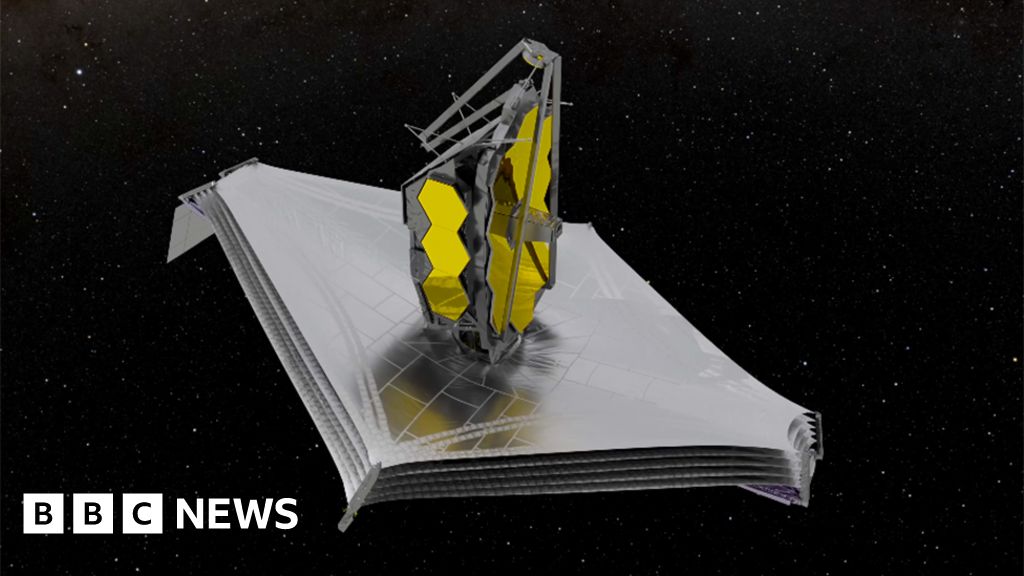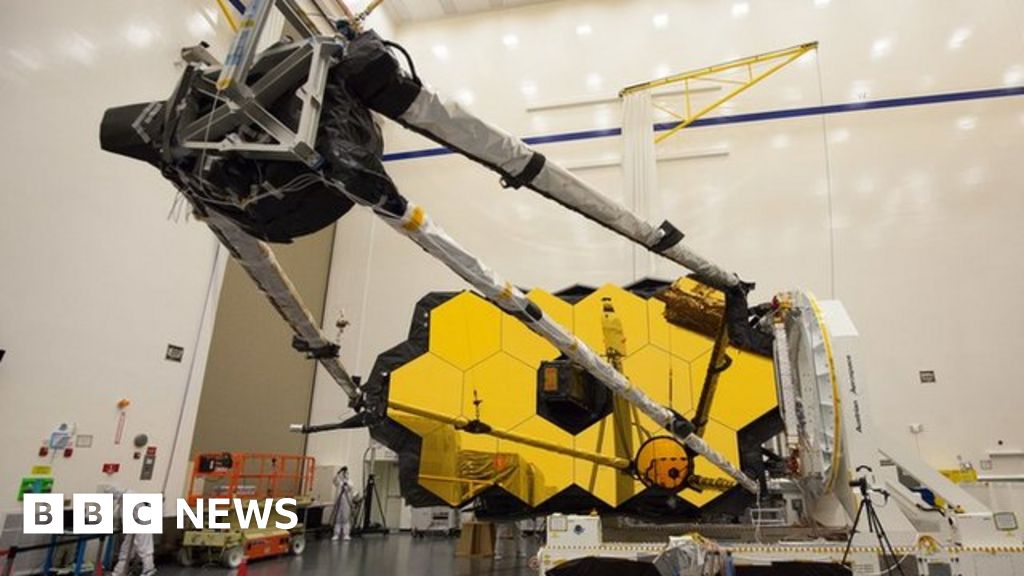CupofJoe
Some medals you wear on your heart not your sleeve
- Joined
- Mar 29, 2019
- Messages
- 1,631
We don't know what we don't know.
I think a fundamental part of humanities psyche is to ask Why? What's over there? How does that work? Is that edible?
And then go and find out.
Call it innate curiosity. Not everyone has it to the same degree. In some people it will manifest as climbing mountains. In others it will be looking for the perfect equation.
And we don't know the unintended consequences of those actions or gained knowledge.
I think a fundamental part of humanities psyche is to ask Why? What's over there? How does that work? Is that edible?
And then go and find out.
Call it innate curiosity. Not everyone has it to the same degree. In some people it will manifest as climbing mountains. In others it will be looking for the perfect equation.
And we don't know the unintended consequences of those actions or gained knowledge.
If you ignore the stress of launch, the variations in temperature and the occasional doses of immense amounts of radiation.BTW space is the perfect place for machines. If a satellite is well-designed there is virtually nothing that can compromise its functioning since its environment remains absolutely simple and constant - wear and tear is non-existent. Hence the extraordinary success of so many satellite missions where the satellite was able to operate well past its expected expiry date. If we could turn ourselves into robots then the galaxy (or at least the solar system) would be ours.




